Nigeria’s import expenditure on armoured vehicles has significantly surpassed that on fuel in the final quarter of 2023, according to the National Bureau of Statistics (NBS).
This development is likely due to the worsening security situation in the country.
The latest foreign trade report by the NBS noted that Nigeria spent over N5.06 trillion on the importation of armoured vehicles, dwarfing the N1.81 trillion spent on Premium Motor Spirit (PMS), also known as petrol.
This is a difference of N3.25 trillion in Q4 2023.
Armoured vehicles cover 35.87% of Nigeria’s total import
The total import bill for Nigeria in Q4 2023 reached N14.108 trillion, marking a 56.04% increase from the previous quarter and a substantial 163.08% surge from the same quarter in 2022. This significant uptick in imports is largely attributed to the massive investment in armoured vehicles during the period.
In fact, armoured vehicles emerged as the predominant category of imports, accounting for 35.87% of the total import value, followed by ordinary motor spirit and gas oil, which accounted for 12.81% and 8.48%, respectively.
- The report read: “While the commodities with the largest values of imported products were ‘Tanks and other armoured fighting vehicles, motorised, whet’ worth N5,061.25 billion or 35.87%, ‘Motor spirit, ordinary’ valued at N1,807.48 billion or 12.81% and ‘Gas oil valued at N1,196.26 billion or 8.48%.”
Also, the value of imported manufactured goods rose to N9.026 trillion in the quarter under review, with increases of 128.12% and 268.76% compared to Q3 2023 and Q4 2022, respectively. This rise was significantly influenced by the import of armoured vehicles from Singapore.
Top Import Trading Partners for Armoured Vehicles
Singapore stood out as the primary source of these imports, with a staggering contribution of approximately N5.06 trillion. This vast majority overshadows the contributions from other countries, which were only in the millions of naira:
- Singapore: N5.06 trillion
- China: N5.91 million
- Netherlands: N0.40 million
- United States: N0.32 million
What You Should Know
- The surge in the importation of armoured vehicles may be due to rising security challenges in the country and regional tensions in neighbouring countries.
- Nigeria has faced various security challenges, including insurgency in the Northeast by groups like Boko Haram, communal clashes in the Middle Belt, and rising banditry and kidnapping across the country. Increased spending on armoured vehicles could respond to these security issues, aiming to equip the military and police forces better to address and mitigate these threats.
- Also, Nigeria plays a significant role in regional security in West Africa, often participating in peacekeeping and security operations in other countries. Investing in armoured vehicles may help the country fulfil its commitments and maintain its status as a regional power.
More Insights
- Nairametrics earlier reported that Nigeria recorded a significant escalation in its spending on arms, with weapons import climbing by a staggering 418% between 2022 and 2023.
- This surge in defence expenditure, ostensibly aimed at curbing the rampant insecurity plaguing the nation, raises critical questions about its effectiveness and the government’s underlying strategies.
- This increase in defence spending is particularly noteworthy considering the timing – a considerable portion of these imports were concentrated around the general elections period, suggesting a strategic move by the government to fortify security during this politically sensitive time or otherwise.
- However, despite this considerable investment in foreign weaponry, the security situation in Nigeria remains dire, with kidnapping and other forms of violence continuing unabated. This situation highlights a troubling disconnect between the government’s heavy investment in arms and the persistent insecurity faced by Nigerians, especially as over 200 students were recently kidnapped in Kaduna.








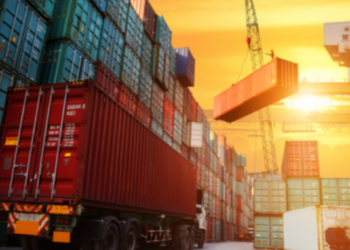

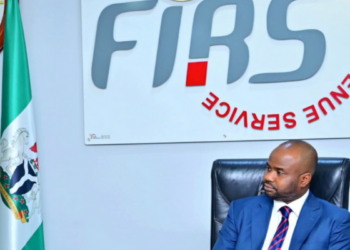

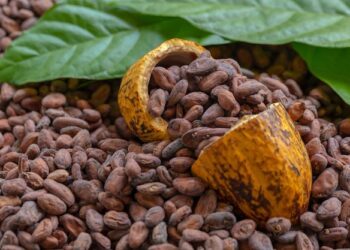
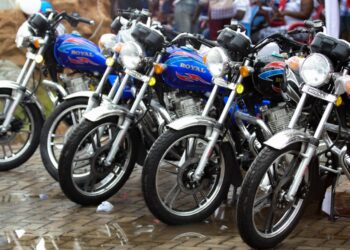










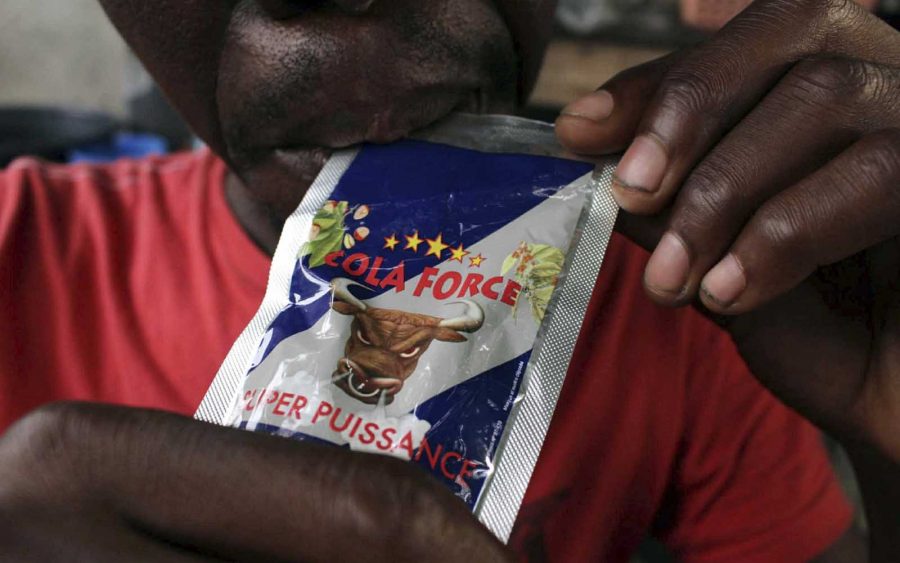
You can bet your last KOBO that the largest imported cars end users are not spending a dime for that. It is all borne by the impoverished Nigerian citizens through the Treasury.